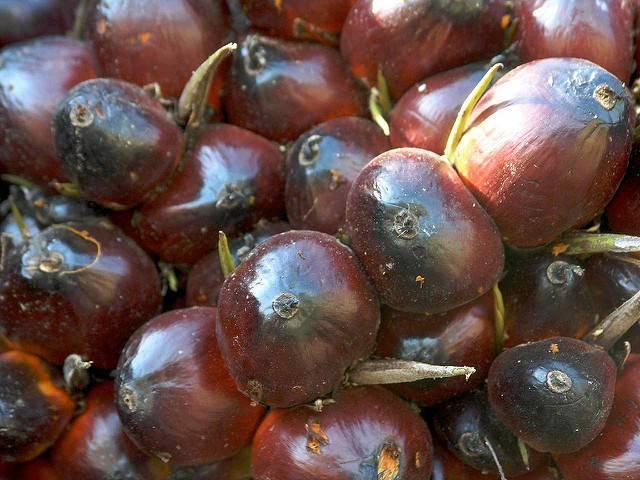
Palm oil has become quite the valuable commodity as it is currently found in about half of the world’s packaged food and personal care products. But with its ubiquity, from ramen noodles to eye shadow, palm oil has also caused an onslaught of risks ranging from environmental problems to human rights violations.
But there has been progress in recent years, due in part to the efforts of the Roundtable on Responsible Palm Oil (RSPO), which has tasked itself to make responsibly-sourced palm oil the rule rather than the exception. The organization says it continues to create impact, with one report it issued this summer claiming 21 percent of the world’s palm oil supply is certified as responsible and sustainable.
Today, the RSPO has announced that it has launched a North American offshoot that aims to make it more seamless for companies in the region to commit to sourcing sustainable palm oil.
As of press time, the exact strategy of this group, NASPON (North American Sustainable Palm Oil Network), reads as vague. In an emailed statement to TriplePundit, a spokesperson said NASPON’s goal is to “educate, build momentum and assist North American companies in making and delivering on commitments to source sustainable palm oil.” For comment directly from participants, check out this op/ed also published today.
The global palm oil industry certainly needs some momentum as it strives to build a more sustainable supply chain. Earlier this year, NGOs including Mighty Earth, Greenpeace and Rainforest Action Network (RAN) claimed that several of the world’s key palm oil producers and suppliers were still responsible for ongoing deforestation and human rights abuses. And as the current Brazilian federal government seeks to reverse the environmental policies of previous administrations, there is concern that more of the Brazilian rainforests could meet the same fate of similar lands in Indonesia, Malaysia and most recently, Africa.
The good news is that more companies, along with the banks that help finance many of their operations, are realizing that sourcing palm oil can wreak far too much havoc on their supply chains and operations. For example, a newly released supply of palm oil tied to a company accused of deforestation in Indonesia hit the global markets – only to find no takers. In addition, banking giant HSBC, which had already announced it would not finance customers who had met HSBC's sustainable palm oil sourcing requirements, launched its own investigation of a leading palm oil supplier this summer over deforestation allegations.
The RSPO/NASPON venture certainly has a solid chance at not only raising awareness across the U.S., Canada and Mexico, but sparking much needed action as well. NGOs that are among the founding members include Rainforest Alliance and Conservation International. Companies joining them include Dunkin’ Brands, Target and Grupo Bimbo. The inclusion of Grupo Bimbo, which announced its sustainable palm oil policy two years ago, is particularly important to this initiative as by most accounts, it is the world’s largest baking company.
Image credit: Lon and Queta/Flickr

Leon Kaye has written for 3p since 2010 and become executive editor in 2018. His previous work includes writing for the Guardian as well as other online and print publications. In addition, he's worked in sales executive roles within technology and financial research companies, as well as for a public relations firm, for which he consulted with one of the globe’s leading sustainability initiatives. Currently living in Central California, he’s traveled to 70-plus countries and has lived and worked in South Korea, the United Arab Emirates and Uruguay.
Leon’s an alum of Fresno State, the University of Maryland, Baltimore County and the University of Southern California's Marshall Business School. He enjoys traveling abroad as well as exploring California’s Central Coast and the Sierra Nevadas.














